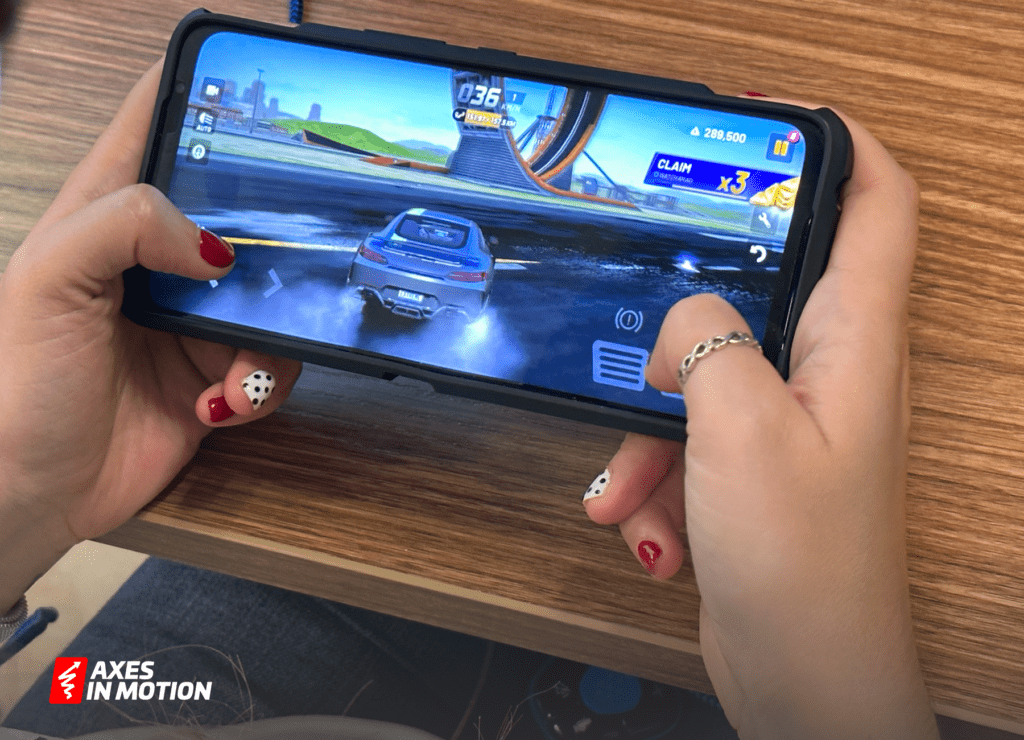In our mission to ensure an exceptional gaming experience, we boast a dedicated QA team committed to maintaining high-quality standards for our games. This involves a series of phases in the quality control process, which are as follows:
Pre-production: This is where it all starts, with a meticulous review of the quality of each task. We adjust and correct errors, test across various devices and conduct thorough assessments of each new feature. It’s a development stage where everything is being implemented, so areas for improvement are likely to emerge.
Production: This phase is when final tests and polishing take place. We prepare the ultimate Test Plan, ensuring our game’s vital aspects are foolproof. This stage is crucial for the game to shine at its best.
Release: At this stage, we launch the version on a percentage rollout and closely monitor user reactions and feedback, keeping an eye out for any bugs, ANRs, or crashes. Every piece of feedback from our users is seen as an opportunity to enhance our games, making active listening extremely important.
Our QA team constantly faces new challenges at every stage of the quality control process, especially when developing F2P mobile video games. The diversity of devices on the market introduces a critical variable to our QA process: each device, with its unique screen ratios, operating system versions, and technical specifications, requires meticulous testing. This ensures that the game’s visual elements, performance, and behavior are optimal across all possible platforms. Our commitment is to cover the broadest range of devices used by our players, thus prioritizing accessibility and the quality of the gaming experience.
Adding to this complexity, the introduction of multiplayer options, available in our games, raises the bar of the challenge even higher. We need to ensure not only the smoothness and consistency of a single player’s experience but also manage the dynamics and interactions between multiple users in real time. This added complexity highlights the importance of active listening and continuous adaptation. Every interaction, every multiplayer session, becomes a valuable lesson on improving and fine-tuning our games to ensure an immersive experience.
The use of QA tools, such as SRDebugger, Excel for Test Plans, and Jira for task and bug management, equips us to meet these challenges with efficiency and precision. However, it’s our dedication to continuous improvement and our commitment to our users that truly enables us to exceed expectations and deliver games that not only run smoothly but also foster exciting interactions among players.



